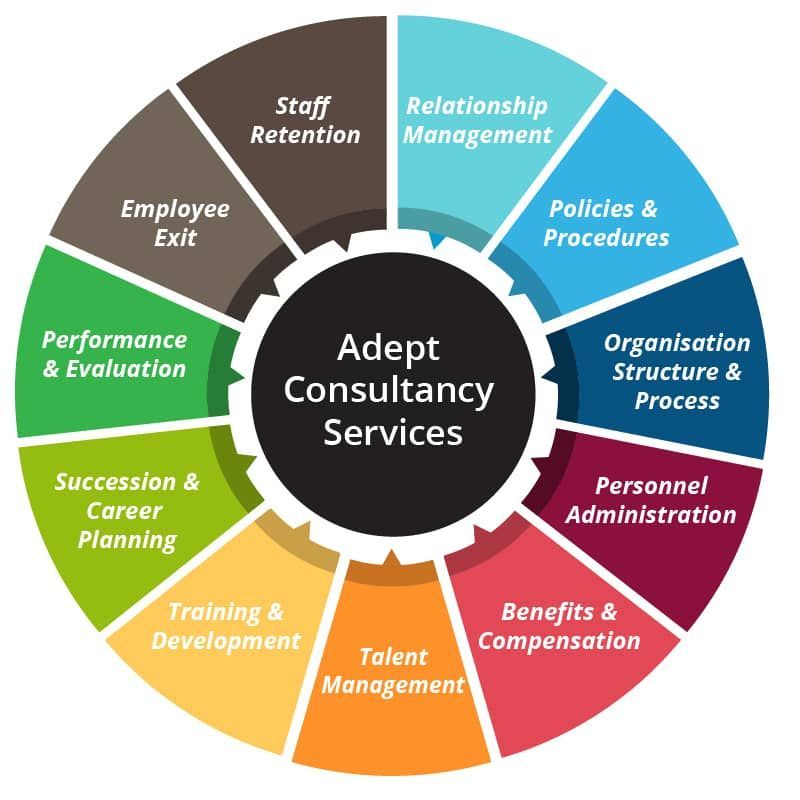
IT Consultancy: Empowering Businesses with Technology
admin
- 0
Technology has become an integral part of modern businesses. From managing operations to streamlining processes, organizations rely on IT solutions to enhance productivity and stay competitive in the market. However, implementing and managing technology infrastructure can be a challenging task, especially for businesses without in-house expertise. This is where IT consultancy services come into play, empowering businesses with the necessary technology and knowledge to thrive in the digital age.
The Role of IT Consultancy
IT consultancy refers to the practice of providing expert advice and assistance to businesses in order to achieve their technology objectives. IT consultants work closely with organizations to understand their unique business requirements and design tailored IT strategies to meet their goals. One of the primary roles of IT consultants is to assess the existing technology infrastructure of businesses. They analyze the hardware, software, and systems being used and identify areas for improvement. By conducting thorough audits and assessments, IT consultants help businesses understand their current technology gaps and recommend suitable solutions. Once the assessment is complete, IT consultants collaborate with businesses to develop IT strategies. These strategies outline how technology can be leveraged to address business challenges or enable growth. They include recommendations for hardware and software upgrades, cloud migration, cybersecurity measures, and more.
The Benefits of IT Consultancy
Engaging with IT consultancy services brings numerous benefits to businesses. Some of the key advantages include:
1. Expertise and Knowledge
IT consultants possess deep knowledge and expertise in various technological domains. Their experience spans across industries, allowing them to offer valuable insights and recommendations specific to your business needs. By leveraging their expertise, organizations can make informed decisions and implement robust technology solutions.
2. Cost Savings
Partnering with IT consultants can lead to significant cost savings for businesses. Instead of hiring and training a full-time IT team, organizations can outsource their technology needs to consultants who can provide the necessary support at a fraction of the cost. Moreover, consultants can recommend cost-effective solutions, ensure optimal utilization of resources, and minimize downtime, leading to long-term cost savings.
3. Increased Efficiency and Productivity
IT consultants help businesses streamline their operations and increase efficiency. By identifying inefficiencies in existing processes, consultants suggest IT solutions that automate manual tasks and improve overall productivity. This enables organizations to focus on core business functions and achieve higher operational excellence.
4. Scalability and Flexibility
As businesses grow, their technology needs evolve. IT consultants design scalable solutions that can adapt to changing requirements and accommodate future growth. They ensure that businesses have the flexibility to upgrade or expand their IT infrastructure without disruptions, helping organizations stay agile in an ever-evolving technological landscape.
5. Enhanced Cybersecurity
Cybersecurity threats are a major concern for businesses of all sizes. IT consultants prioritize the security of your technology systems and recommend robust cybersecurity measures. They conduct regular risk assessments, implement effective security protocols, and provide training to employees, thereby safeguarding businesses from potential cyberattacks and data breaches.
Choosing the Right IT Consultant
When selecting an IT consultant for your business, it is crucial to consider certain factors to ensure a successful partnership:
1. Industry Experience
Look for IT consultants with experience in your industry. They will have a better understanding of your business needs and be well-versed in the technology trends and challenges specific to your sector.
2. Reputation and Track Record
Research and assess the reputation and track record of potential IT consultants. Seek recommendations, read reviews, and ask for referrals from trusted sources. A proven track record of successful IT projects indicates the consultant’s ability to deliver quality services.
3. Clear Communication and Understanding
Effective communication is essential in any consulting partnership. Ensure that the IT consultant understands your business requirements and goals. They should be able to explain complex technical concepts in simple terms and provide clear recommendations for your specific needs.
4. Collaborative Approach
Choose an IT consultant who believes in collaboration and teamwork. They should work alongside your internal teams, understand your organizational culture, and align their strategies with your business objectives. A consultant who embraces collaboration fosters a harmonious relationship and ensures a successful implementation.
In Conclusion
In today’s digital era, businesses need to harness the power of technology to remain competitive. IT consultancy services play a vital role in helping organizations navigate the complexities of technology and unlock their full potential. By partnering with IT consultants, businesses can empower themselves with the right technology, maximize efficiency, drive growth, and secure a prosperous future in an ever-changing business landscape.

